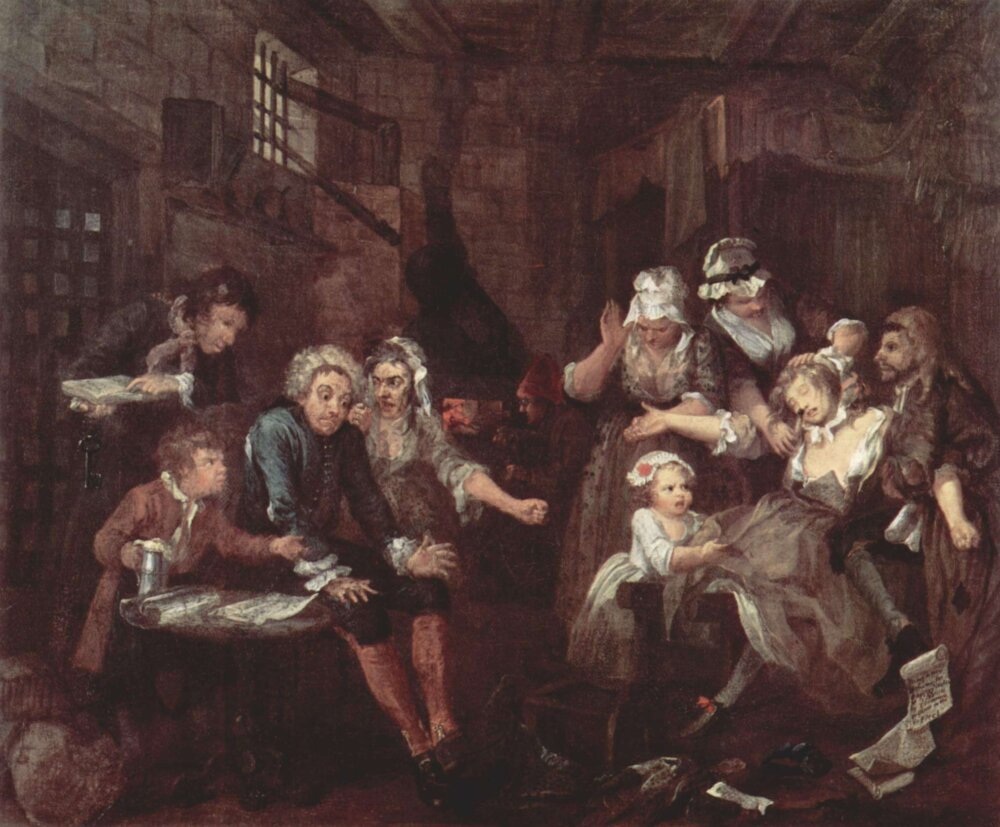Lee Oser is Professor of English and Catholic Studies at College of the Holy Cross in Worcester, Massachusetts. He is a former president of the Association of Literary Scholars, Critics, and Writers (ALSCW). His books include The Ethics of Modernism; Moral Ideas in Yeats, Eliot, Joyce, Woolf, and Beckett (Cambridge University Press, 2007), Shakespeare's Christian Humanism: A Study in Religion and Literature (Catholic University of America Press, 2022), and four novels, including Old Enemies: A Satire (Senex Press, 2022).

